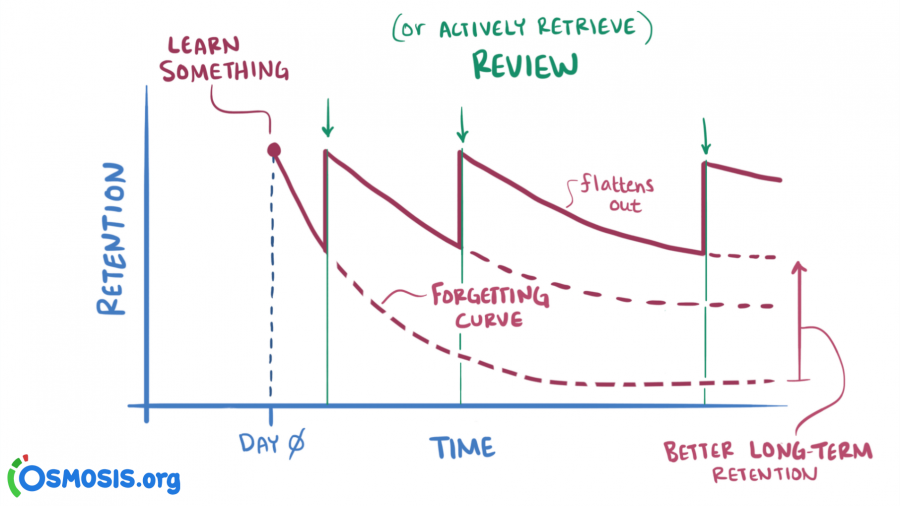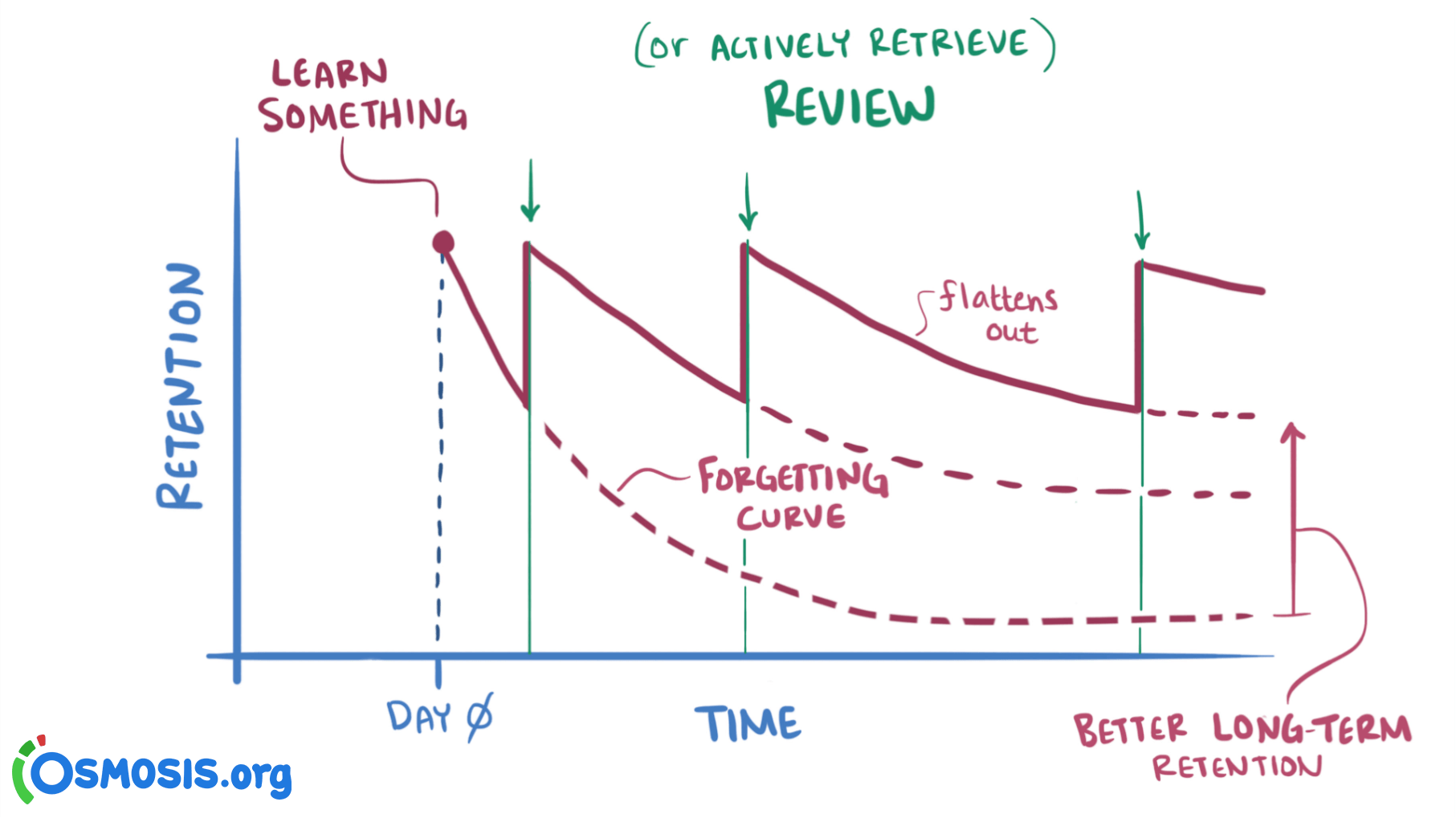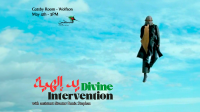How to rebuild a city with Karam Alkatlabe


Let us shine a light on tips and tools to support your research process.This week: memory skills for revision.

As with reading, it is important to create the right conditions to enable you to retain information. Make sure that you have time to give the task your due attention, that you aren't going to be distracted, that you are sufficiently motivated and have the intention to remember. It isn't possible to improve the the hardware underlying our memory. Neural systems can’t be enhanced (yet we can easily damage them). Likewise, any improvement in our attention with agents such as caffeine, usually only work when our memory is impaired, say, owing to lack of sleep. There are tips and techniques that will help make your memory more efficient but ultimately you need application, initiative and persistence to commit things to memory.
Think too about your environment: you need sufficient light, the right temperature, enough space, not to feel hungry, not to be too tired, and the ability to make yourself comfortable.
When structuring your revision timetable the are several things that may help your memory work to best effect:
If you read books on memory (such as Foster, J. (2009). Memory a very short introduction (online). Oxford: Oxford University Press) you will come across this method of revision.
As well as the total time hypothesis, Ebbinghaus also identified that information is lost as time passes (the forgetting curve). While the shape of this curve varies for different types of events, it is possible to stop ourselves forgetting things if we revisit information and relearn it. If we successfully recall things a short while after studying them, we are more likely to recall them later on.
Spaced repetition is seen as an optimal way to revise. It builds on the idea of leaving a gaps between relearning. What is perhaps novel to some of us is that it suggests increasing the gaps of time between each session. Each time you look at the information is supposed to be at the point when you are just about to forget it. This way the brain has to work hard to retrieve the information, rather than repeating when readily available. And like a muscle, it gets stronger when it works harder.
This graph for spaced repetition (also called distribution of practice) shows how we can boost our memory over a series of revision sessions set apart by several hours, 1 day, 3 days, a week, 3 weeks and so on, should we have time.

Another way to improve what we remember is to revise actively.
It may feel easiest to revise by rereading notes, highlighting or copying chunks of text. However, there is a lot of research which demonstrates that these passive methods, while reproducing things we need to learn, do not lend themselves to retention.
To improve your retention of material, you need to engage with it actively and creatively. This gets you to think about the material differently and make links so that you can draw on a range of information in an unseen exam setting.
There is an argument that we remember:
This may not be scientific , but for most people, coding information in a multitude of ways aids retention. So next week we'll focus on active revision techniques.
Abdaal, Ali https://www.youtube.com/channel/UCoOae5nYA7VqaXzerajD0lg
Buzan, T. (2010) The Speed Reading Book. Harlow: Pearson.
Cottrell, S. (2013) The Study Skills Handbook 4th Edition. Basingstoke: Palgrave
Foster, J. (2009). Memory a very short introduction (online). Oxford: Oxford University Press.
McMillan, Weyers, and Weyers, Jonathan D. B. (2006) The Smarter Student: Skills and Strategies for Success at University. Harlow: Pearson/Prentice Hall.
Osmosis https://www.youtube.com/channel/UCNI0qOojpkhsUtaQ4_2NUhQ
Tracy, E. (2006) The Student’s Guide to Exam Success. 2nd Edition Maidenhead: Open University Press.

A display of works from the Bradshaw-Bubier studio pottery collection.

How we can develop ‘death activism’ – a variety of tactics and posthuman practices which celebrate death, its inevitability, its forms, from the slow to times of crisis, and how can trauma and mourning emerge as their own forms of expression, or even activism?

We are delighted to welcome Sandi Toksvig OBE as our speaker for Wolfson's prestigious Lee Lecture this year.

Join us for the 2024 Wolfson Research Event: an interdisciplinary academic conference organised by students to showcase the diversity of the research carried out by Wolfson students.

Screening of Elia Suleiman’s Divine Intervention, in conversation with assistant director Rania Stephan.







